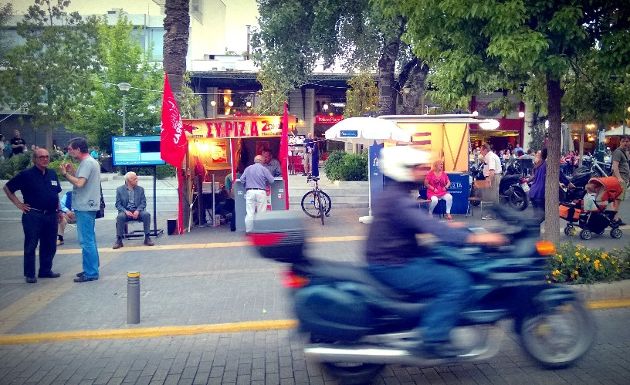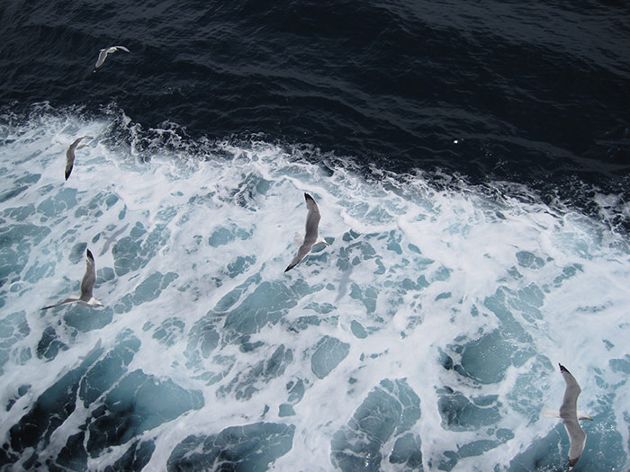Agora
 Greece stuck in the long tunnel of political transition
Greece stuck in the long tunnel of political transition
The staggered demise of New Democracy and PASOK, which has caused the disappearance of the centre in Greek politics, has forced the country into a political transition whose duration and outcome remains unknown. Sunday’s local and European Parliament elections did little to provide answers. Only the lack of trust could be deemed an outright winner on the night.
Contributor: Nick Malkoutzis
Categories: Politics (411), Greece (524)
 Greek elections as seen (or imagined) from Berlin
Greek elections as seen (or imagined) from Berlin
The following is a thought experiment, which claims no more authenticity than being an exercise in the “What if?” At the core of this experiment is the question, what would various people inside the Chancellery in Berlin be thinking in terms of possible post-election scenarios in Greece following Sunday’s voting marathon?
Contributor: Jens Bastian
Categories: Europe (293), Politics (411), Greece (524)
![Photo by Myrto Papadopoulos [www.myrtopapadopoulos.com] Photo by Myrto Papadopoulos [www.myrtopapadopoulos.com]](resources/toolip/img-thumb/2013/10/12/indignant_myrto_1000_1210-large.jpg) Jobs, hundreds of thousands of jobs
Jobs, hundreds of thousands of jobs
Jobs, jobs, jobs. Promises of jobs by the hundreds of thousands were flying around in the public debate in Greece over the last couple of days. Deputy Prime Minister and PASOK leader Evangelos Venizelos suggested that around 920,000 jobs could be created in the next few years when he presented the party’s growth plan out.
Contributor: Yiannis Mouzakis
Categories: Economy (346), Greece (524)
 Greek politics in thrall to new faces and old ideas
Greek politics in thrall to new faces and old ideas
SYRIZA leader Alexis Tsipras was 32 when he burst onto the central political scene in Greece by attracting 10.5 percent of the votes in the Athens municipal election in 2006. At the time, it was unprecedented for such a young candidate, especially one representing a left-wing party, to gain this level of support.
Contributor: Nick Malkoutzis
Categories: Politics (411), Greece (524)
 Politics trumping economic prudence in Greece
Politics trumping economic prudence in Greece
The politics of the Greek recovery narrative is consistently trumping prudence. For those who refuse to be blindsided by the staged recovery euphoria there is enough evidence on the ground in Athens to be concerned about during the past week.
Contributor: Jens Bastian
Categories: Politics (411), Economy (346), Greece (524)

